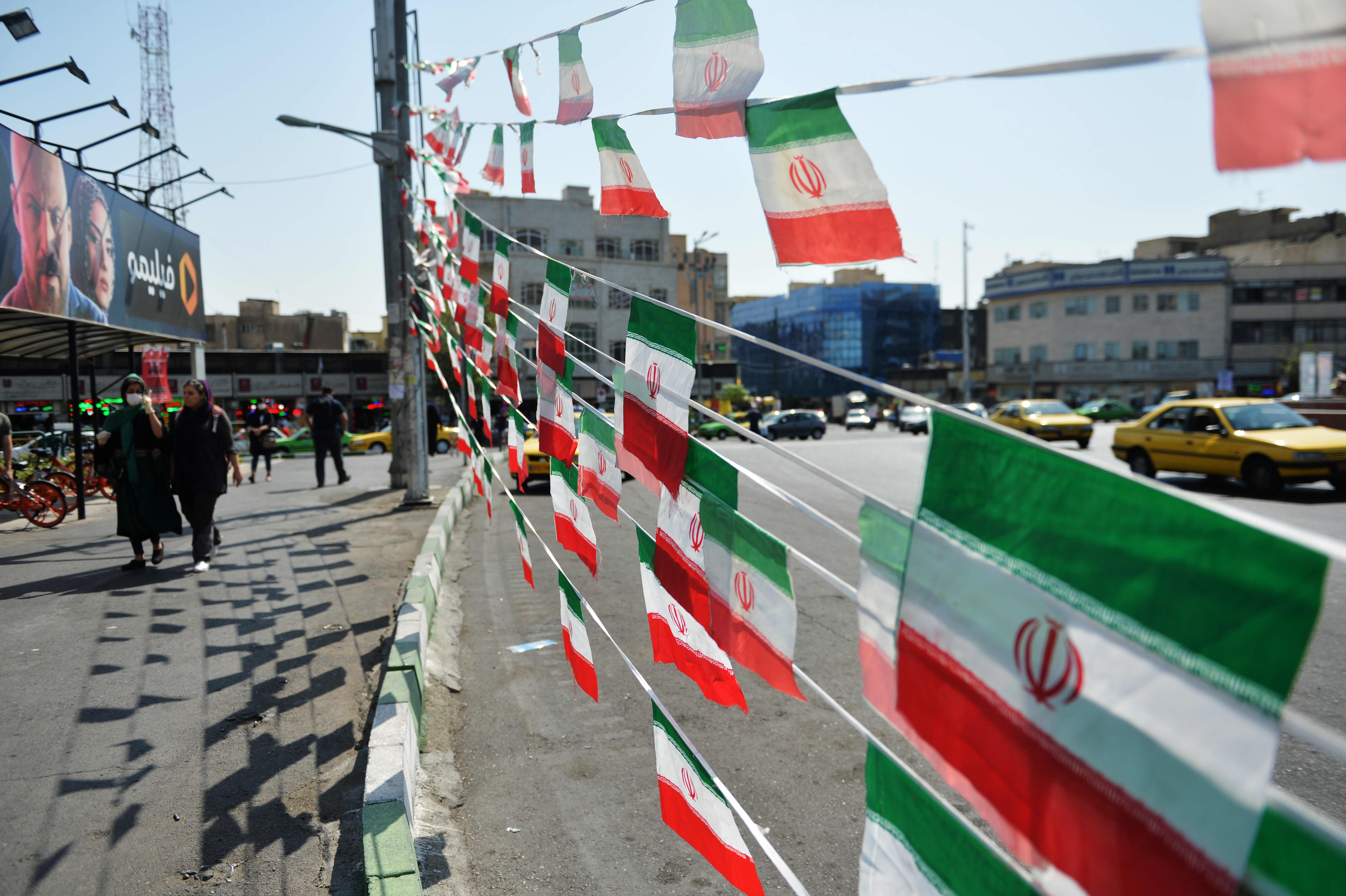U.S. State Department on Iran policy: We don’t want to ‘reward an enemy'

SINGAPORE — The U.S. policy in the Middle East is to reward allies and not enemies, a spokeswoman of the U.S. State Department said, as Washington sought to increase pressure on Iran to give up its nuclear program.
"We have embarked on a policy in this administration, to reward and to embolden the Gulf Arab, our allies ... to embolden Israel, and to not reward an enemy," spokeswoman Morgan Ortagus told CNBC's Hadley Gamble on Wednesday.
President Donald Trump's administration upped the pressure on Iran in the last few days.
Washington on Saturday unilaterally restored United Nations' sanctions on Tehran — a process questioned by other members of the U.N. Security Council. The U.S. also imposed more of its own sanctions against Iran on Monday.
"Our maximum economic pressure campaign remains but remember, President Trump has said that he wants a peaceful resolution with Iran and he has said that he's willing to negotiate for a new and better deal," said Ortagus.
"So peace and diplomacy remains on the table anytime the regime and Iran would like to take us up on it," she added.
Tensions between the U.S. and Iran mounted after Trump unilaterally withdrew two years ago from the landmark Iran nuclear deal — the Joint Comprehensive Plan of Action (JCPOA).
The agreement was signed in 2015 between Iran and the five permanent members of the U.N. Security Council — China, France, Russia, the United Kingdom, and the U.S. — plus Germany. It was aimed at curbing the regime's nuclear program in exchange for the lifting of sanctions.
Trump described the agreement, which was negotiated during the Obama administration, as the "worst deal ever."
Ortagus said "one of the fundamental flaws" of the 2015 agreement was Iran directing "billions of dollars in sanctions relief" to developing missiles — instead of improving the lives of the country's middle class.
U.S.-Iran relations deteriorated further in January, when a U.S. drone strike killed Qasem Soleimani, a top Iranian military commander. Experts had warned that Soleimani's death would escalate tensions between Washington and Tehran, as well as further destabilize the Middle East.
The latest U.S. moves against Iran came as Trump tries to bolster his image as a champion for stability in the Middle East ahead of the November presidential election. Over the last few weeks, the U.S. brokered deals for the United Arab Emirates and Bahrain to establish normal diplomatic relations with Israel — a development praised by some experts.
But reports had emerged that the UAE may have agreed to normalize ties with Israel so that it can buy F-35 fighter jets from the U.S. The U.S. is committed to help Israel maintain a "qualitative military edge" over its neighbors, so sales of more advanced military equipment to other Gulf states require more extensive considerations.
Israeli Prime Minister Benjamin Netanyahu had suggested that he'll likely push back on any such potential deals. But Reuters reported that the U.S. and the UAE were working toward an initial agreement on the sale of the F-35 jets by December.
Ortagus told CNBC said that the U.S. could balance selling military equipment to the UAE and its commitment to Israel.
"We believe that there's a way for us to work with the UAE to make sure that they have the equipment that they need, while also respecting and maintaining QME and I think we'll see what happens," she said.
"But we have to consult with the Congress. there's ... a lot of parties involved here."
WATCH: A Biden administration may do 'a 180-degree' flip on key U.S.-Iran issues, says expert
tinyurlis.gdv.gdv.htu.nuclck.ruulvis.netshrtco.detny.im
